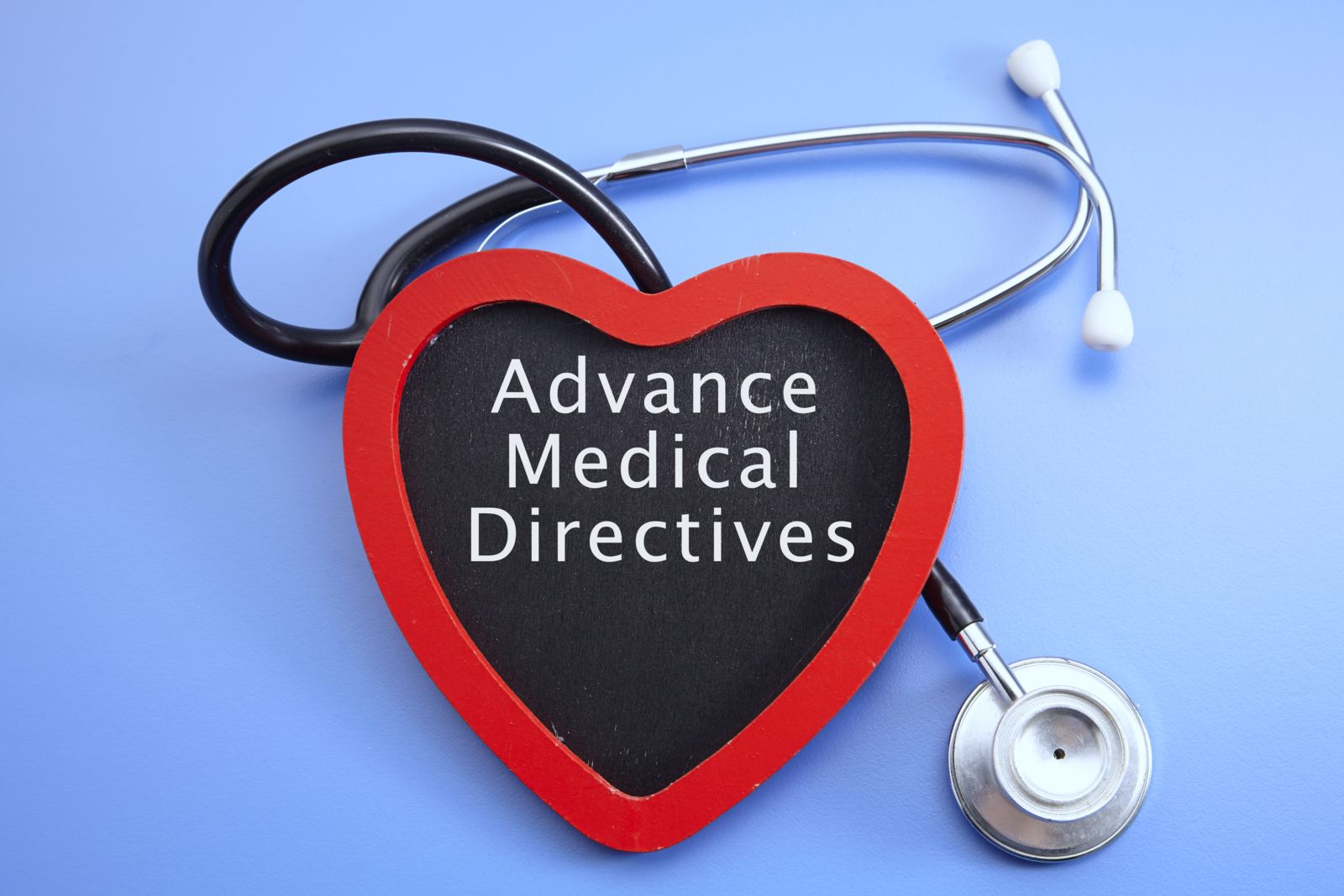Blog
Advance Directives: Important Now More Than Ever
No one likes to think about their own mortality. To a large extent, we’d rather believe we are invincible (to some degree) and that debilitating or terminal illnesses are things that only happen to other people. However, if there’s one thing the COVID-19 pandemic made overly clear, it is that no one is invincible.
We are all at risk for contracting COVID-19. And while I firmly believe in abiding by social distancing guidelines and washing your hands regularly to reduce the chances of becoming ill, it is also prudent to be prepared for what may happen if you do. Having advance directives prepared can be an enormous help to both your family and your physicians should you come down with COVID-19 or any other serious illness.
What are Advance Directives?
Advance directives are legal documents that allow you to spell out your decisions concerning your medical care, and they are comprised of three main components: (1) health care directive, (2) living will, and (3) HIPAA release.
The health care directive (“HCD”) appoints a health care representative to make health care decisions for you if you are unable to communicate your wishes yourself. It is important to stress that you will be the primary decision maker for all decisions concerning your care. Your health care representative will only make decisions on your behalf if you are incapacitated in some way.
The living will (“LW”) sets forth your wishes regarding receipt of life sustaining treatment at end of life. For example, most living wills state that you do not wish to receive artificial means of hydration or nutrition (i.e. feeding tubes), artificial respiration (i.e. ventilators), or CPR at end of life. The living will only applies when you are either: (1) terminally ill, or (2) permanently unconscious. If you have a condition from which your doctors expect you to recover, your LW does not apply.
A HIPAA release is a list of individuals who will be able to access your medical information. In other words, the people listed on your HIPAA release will be able to speak directly with your doctors and/or obtain copies of your medical records.
Not all advance directives include all three components. Some may only include the HCD and/or the LW.
Why are Advance Directives Important?
Your advance directives give your doctors (and your family) notice ahead of time as to who your chosen substitute medical decision maker will be and what your preferences are regarding which types of treatment you do or do not want to receive. When these types of decisions are made in advance, it can drastically improve your own quality of life and keep your care consistent with your preferences.
Expressing your decisions in advance is critically important, particularly in light of the fact that most COVID-19 patients suffer from breathing issues. As such, it may be difficult, if not impossible, to answer questions being posed by your doctors. This will then place the burden on your loved ones to try and decide what they think you would have wanted.
If You Already Have Advance Directives
If you have already had advance directives prepared, you should review them to ensure your decisions are still appropriate. Is the person you have appointed to serve as your health care representative still willing and able to serve in this role? If not, have you named an alternate?
Do your advance directives include a LW? If yes, does the LW accurately state your wishes or do changes need to be made to reflect your most current decisions?
Communication is Key
Once your advance directives are implemented, there is still one more step to take: communicate your wishes to your doctors and your loved ones. Make sure your doctors and your health care representatives have a copy of your advance directives. Have a conversation with your doctors and your family to make clear what your wishes are, and allow them to ask questions to clear up any possible confusion.
Additionally, speak with your parents or other loved ones to see if they have advance directives in place. If you have been appointed as their health care representative, it is important that you have a very frank discussion with them to ensure you know what their preferences are.
These are difficult times. We live in constant state of hypervigilance, doing all in our power to prevent ourselves and others from becoming infected with COVID-19. The more steps you can take now to prepare for what could happen should you contract this or any other serious disease, the easier it will be for you and your loved ones should that come to pass.
For more information, check out Attorney Allison Poirier's YouTube video, Incapacity Planning Documents: What Are They? Why Might You Need Them?.
